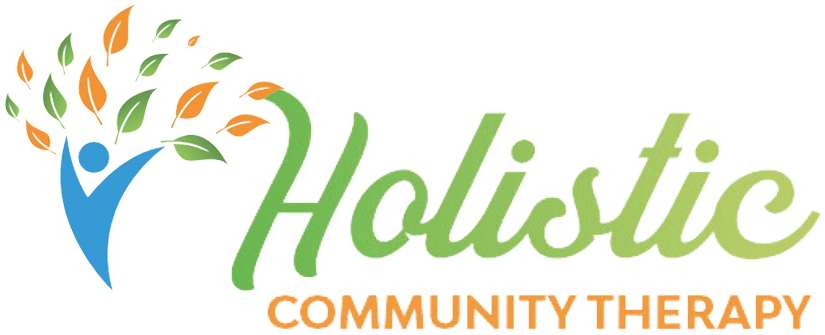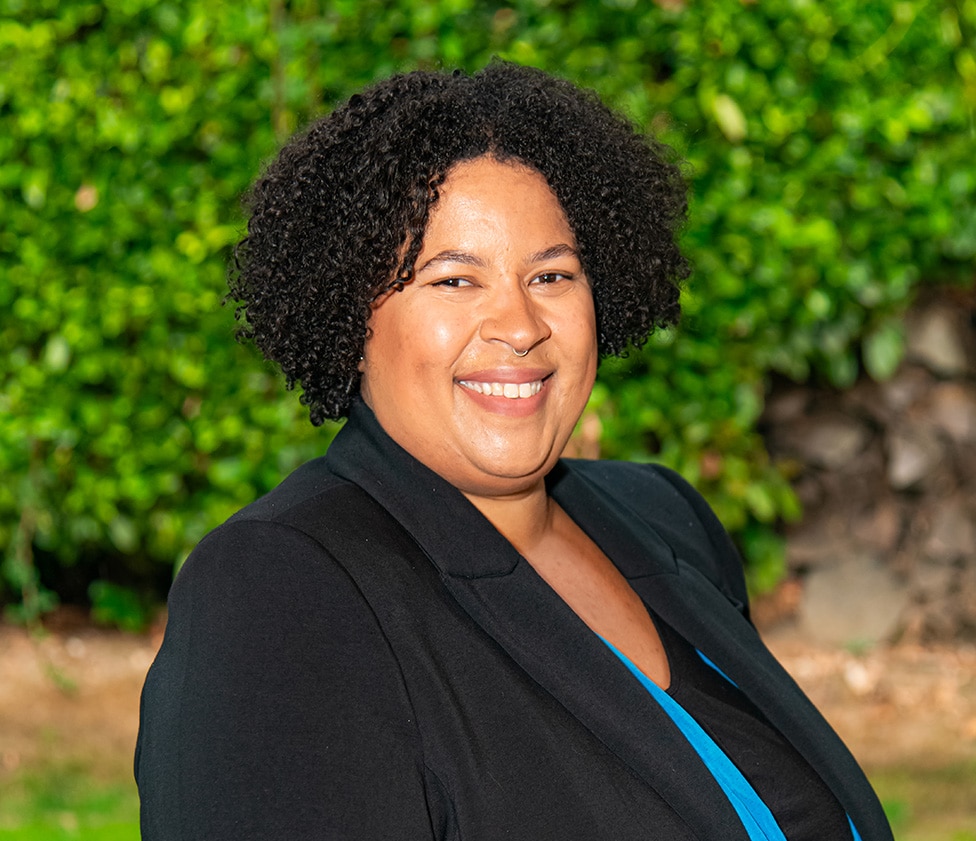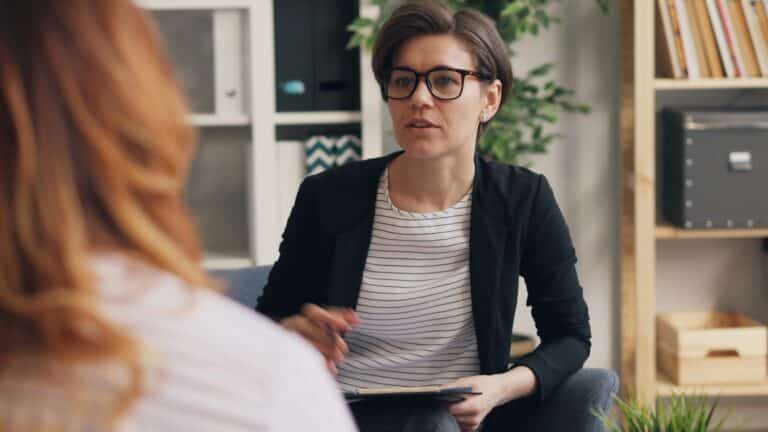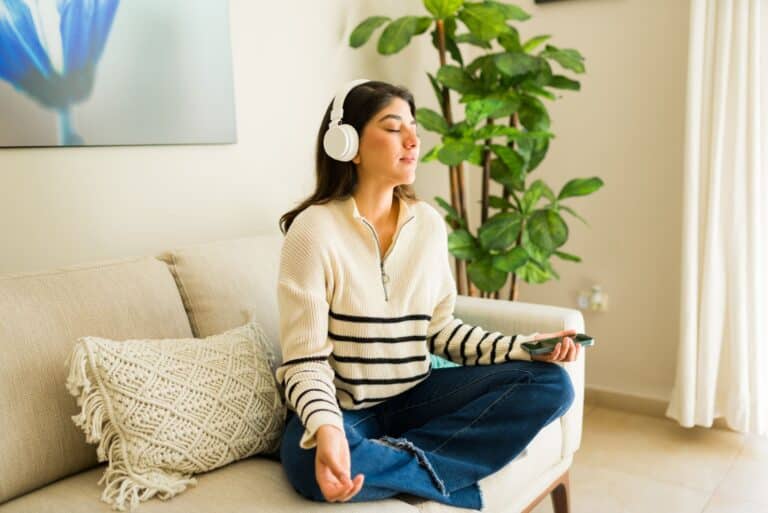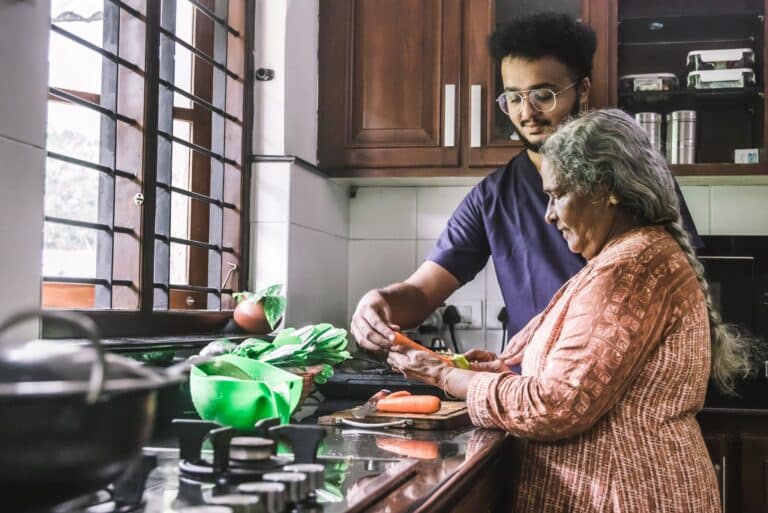
Why Mornings Are Hard When You Have ADHD
People with ADHD often describe mornings as the hardest part of their day. Even basic steps, such as getting dressed, eating, or leaving the house on time, can feel like climbing a mountain. That’s because ADHD impacts executive functions like time management, attention, memory, and motivation.
Without a structured start to the day, people often feel:
- Rushed or scattered
- Anxious or overstimulated
- Guilty or “lazy” for struggling with tasks others do with ease
At Holistic Community Therapy in Portland, we see this every day. And we’re here to tell you: it’s not a moral failing. It’s a brain-based challenge that deserves understanding, support, and real-world solutions.
What Makes an ADHD-Friendly Morning Routine Different?
Traditional routines often assume consistent energy, attention, and focus. But ADHD doesn’t work that way—especially not when your energy dips in the rainy season, and you’re juggling a healthcare or tech job while trying to build a life in a city that can feel both vibrant and isolating. An effective morning routine for someone with ADHD needs to be:
- Predictable, but flexible
- Sensory-aware
- Supportive of motivation, not reliant on it
- Simple and low-pressure
This is where therapy for daily structure comes in.
How Occupational Therapy Supports ADHD Morning Routines
Occupational therapists (OTs) are experts at creating functional, sustainable routines tailored to your brain and environment—including that small NE Portland apartment shared with a roommate, where you’re trying to carve out calm before the day begins. At Holistic Community Therapy, we collaborate with clients to design ADHD-friendly morning routines that help, not hurt, their day.
What We Focus On:
1. Sensory Regulation First
Before tackling tasks, we explore what helps you wake up gently and regulate your nervous system. That could be:
- A weighted blanket or deep pressure stretch
- Bright lighting or natural sunlight
- Soothing music or alerting sounds
2. Task Sequencing
We help you identify and rehearse a sequence of manageable steps that don’t overload your brain. Think:
- 5-minute hygiene
- 10-minute breakfast
- 2-minute bag check
We also suggest visual checklists or phone reminders to reduce mental load.
3. Realistic Expectations
We assess your morning energy patterns and co-create a schedule that respects your pace and mental bandwidth. That might mean shifting complex tasks to later in the day and keeping mornings low-effort.
4. Environmental Set-Up
We help you design spaces that support function, such as having pre-packed bags by the door, or a “launch pad” for essentials like keys and phone.
Real Strategies We Teach in Therapy
Here are some practical tools we often introduce in morning routine sessions:
| Tool/Strategy | Purpose |
| Visual timers | Help manage transitions between tasks |
| Habit stacking | Link new habits to existing routines |
| Task-based alarms | Cue specific actions (e.g., “Brush Teeth Now”) |
| Pre-prepared clothes/meals | Reduce decision fatigue in the morning |
| Body doubling (in-person or virtual) | Encourage initiation through co-regulation—especially helpful if you live alone or work remotely in SE Portland |
| “Done is better than perfect” mindset | Help reduce perfectionism that causes delay |
A Sample ADHD-Friendly Morning Routine
Here’s an example of what a simple, ADHD-structured morning routine might look like when tailored to the brain-body connection. These kinds of schedules are central to building a sustainable morning routine ADHD clients can stick with.
| Time | Task | OT Notes |
| 7:00 AM | Wake up with natural light | Use sunrise alarm or open blinds |
| 7:10 AM | Stretch or quick movement | Helps regulate nervous system |
| 7:20 AM | Brush teeth, wash face | Keep supplies visible and within reach |
| 7:30 AM | Eat pre-prepped breakfast | Reduces stress and boosts energy—try something warm like oats or rice bowls if mornings feel sluggish during Portland’s gray winters |
| 7:45 AM | Pack bag or check checklist | Use a launch pad to keep essentials ready |
| 8:00 AM | Leave the house or start work | Consider buffer time to reduce pressure |
What Clients Say
“I used to feel like I was always behind—before the day even started. Now I have a morning plan that actually works for my brain, and it’s changed everything.”
—HCT Client (Anonymous)
Therapy Isn’t About Perfection. It’s About Progress.
At Holistic Community Therapy, we work with adults who’ve been labeled as “lazy,” “disorganized,” or “inconsistent.” We know those labels are harmful and wrong.
Instead, we help you:
- Understand your unique brain wiring
- Build routines that reduce shame and increase confidence
- Adapt your environment to support your goals
Whether we meet virtually, in your home, walking through Laurelhurst Park, or even while organizing a planner over coffee at Albina Press, we bring tools and compassion that help mornings—and life—feel manageable.
Ready to Create a Morning Routine That Works for You?
You don’t need to do this alone. If your mornings feel chaotic, exhausting, or impossible, our occupational therapists are here to help.
Call or Text: (503) 882-0988
https://hctpdx.com
Let’s build something better—together.
